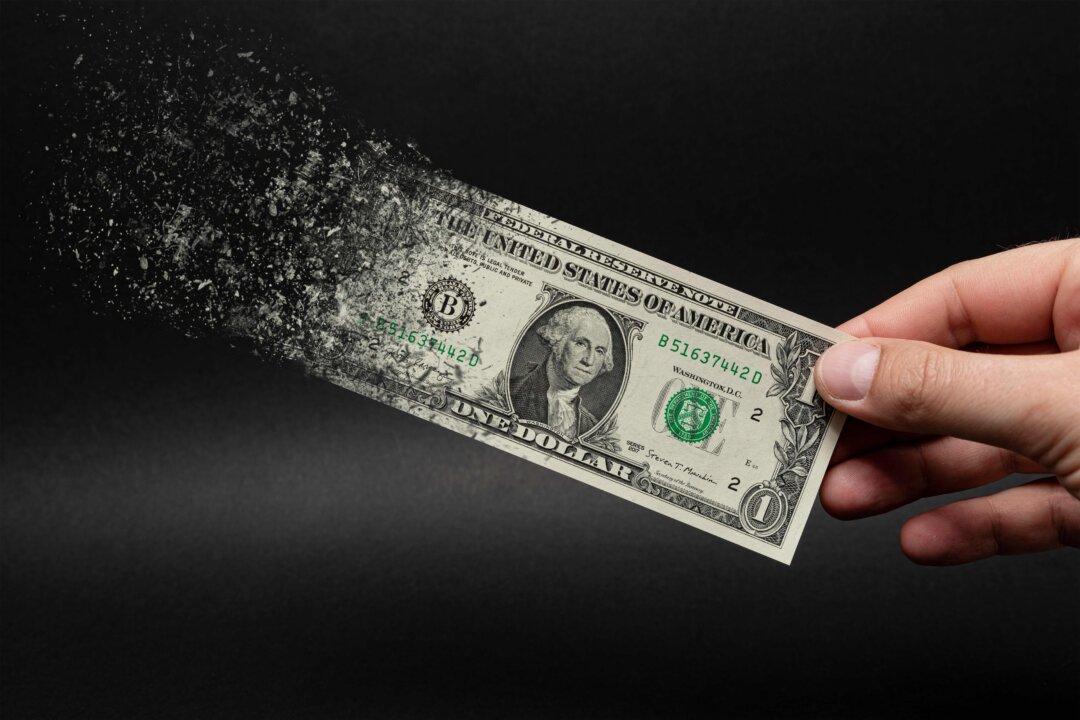Commentary
We’re living through the largest pillaging of the American middle class in a half-century. It isn’t in the headlines. This is extremely strange. In fact, this might be the first and only article you have read about it. This could be for a reason. If people knew what was happening to them, they would begin to feel very restless, even furious. Some people among the ruling class don’t want that.





